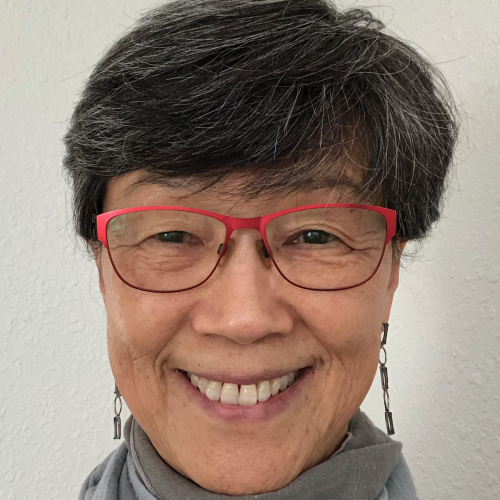
Available to mentor

-
PhDUniversity of Virginia, Charlottesville, 1989
-
MSSeoul National University, Seoul, 1979
-
BSSeoul National University, Seoul, 1977
-
Center MemberGlobal REACH
Studies of molecular and cellular mechanisms for T cell-mediated immunity:
The research program in my laboratory focuses on investigating on the molecular and cellular mechanisms that govern the immune function. Recently, the signaling pathways that control cellular metabolism have been shown to have a crucial role in dictating the outcome of T cell activation and effector function. Resting CD4 and CD8 T cells use predominantly oxidative metabolismbut stimulation led them to sharply increase glucose metabolism and adopt aerobic glycolysis as a primary metabolic program. Moreover, changes in the metabolic profile of T cells are known to be responsible for defining specific effector functions and T cell subsets. Therefore, it is clear that there is a link between metabolism and the phenotype of T effector cells which influences the type of immunity.
Our recent studies revealed that molecules involved in Cul3-Keap1-Nrf2 antioxidant pathway regulate the survival and the effector function of innate T cells. Currently, we are working to discover how an antioxidant pathway regulates T cell survival and effector function; how the difference in T cell metabolism influences inflammatory responses; how signaling pathways and transcription factors cross-regulate the metabolic machinery and the effector function.
-
Pyaram K, Chang C-H. J Immunol, 2024 Jul 1; 213 (1): 3 - 5.Journal ArticleNKT Cells and Other Innate T Cells: The Immune Cells That Do Not Follow the Rules.
DOI:10.4049/jimmunol.2400243 PMID: 38885470 -
Kumar A, Ye C, Nkansah A, Decoville T, Fogo GM, Sajjakulnukit P, Reynolds MB, Zhang L, Quaye O, Seo Y-A, Sanderson TH, Lyssiotis CA, Chang C-H. Proc Natl Acad Sci U S A, 2024 Apr 23; 121 (17): e2318420121Journal ArticleIron regulates the quiescence of naive CD4 T cells by controlling mitochondria and cellular metabolism.
DOI:10.1073/pnas.2318420121 PMID: 38621136 -
Yarosz EL, Kumar A, Singer JD, Chang C-H. Immunohorizons, 2023 Mar 1; 7 (3): 235 - 242.Journal ArticleCullin 3-Mediated Regulation of Intracellular Iron Homeostasis Promotes Thymic Invariant NKT Cell Maturation.
DOI:10.4049/immunohorizons.2300002 PMID: 36951874 -
Kumar A, Yarosz EL, Andren A, Zhang L, Lyssiotis CA, Chang C-H. Cell Rep, 2022 Oct 25; 41 (4): 111516Journal ArticleNKT cells adopt a glutamine-addicted phenotype to regulate their homeostasis and function.
DOI:10.1016/j.celrep.2022.111516 PMID: 36288696 -
Kumar A, Yarosz EL, Andren A, Zhang L, Lyssiotis C, Chang C-H. The Journal of Immunology, 2022 May 1; 208 (1_Supplement): 165.08 - 165.08.Proceeding / Abstract / PosterGlutamine addiction in NKT cells is regulated by AMPK-mTORC1 axis
DOI:10.4049/jimmunol.208.supp.165.08 -
Kumar A, Yarosz E, Andren A, Zhang L, Lyssiotis C, Chang C-H. 2021 bioRxiv,PreprintGlutamine metabolism enables NKT cell homeostasis and function through the AMPK-mTORC1 signaling axis
DOI:10.1101/2021.10.07.463490 -
Kumar A, Yarosz EL, Hong H, Lyssiotis C, Chang C-H. The Journal of Immunology, 2021 May 1; 206 (1_Supplement): 24.01 - 24.01.Proceeding / Abstract / PosterGlutamine metabolism drives NKT cell homeostasis and function
DOI:10.4049/jimmunol.206.supp.24.01 -
Yarosz EL, Chang C-H. The Journal of Immunology, 2021 May 1; 206 (1_Supplement): 98.14 - 98.14.Journal ArticleNovel roles for Cullin 3 in naive CD4 T cell homeostasis and activation
DOI:10.4049/jimmunol.206.supp.98.14